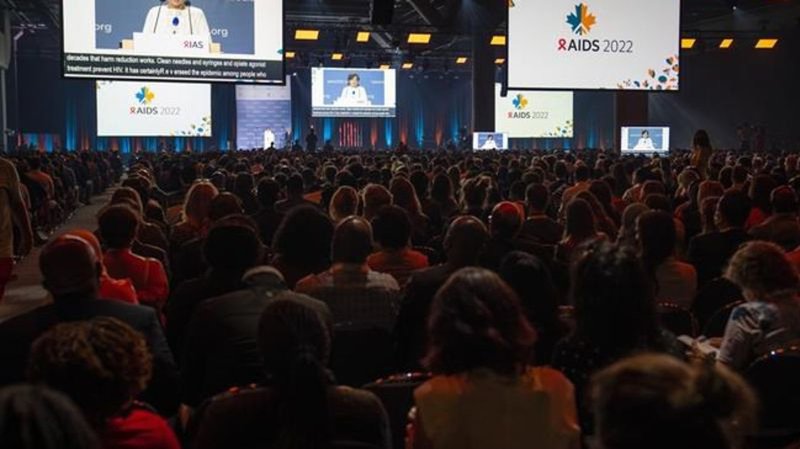
Refugee claims followed Montreal AIDS summit marred by visa woes, planning issues
OTTAWA — Almost one-sixth of guests at a major AIDS conference in Montreal last year who received Canadian visas ended up claiming asylum, according to internal data obtained by The Canadian Press.
The documents also show Immigration, Refugees and Citizenship Canada struggled to work with the International AIDS Society as both tried to avoid a mass refusal of visas.
When the society’s conference got underway last July in Montreal, dozens of delegates from Africa had been denied visas or never received responses to their applications. Some accused Ottawa of racism on stage, saying international gatherings should not return to Canada.
The controversy followed similar incidents at other global summits hosted in Canada in recent years, for which some African delegates could not obtain visas despite receiving invitations on Canadian government letterhead.


